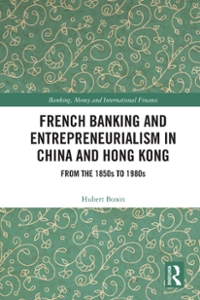Question
For week 2 we explored a big complicated question, last week we focused on more straightforward questions, this week let's try another new style and
For week 2 we explored a big complicated question, last week we focused on more straightforward questions, this week let's try another new style and talk more directly about the argument Smith presents. Thinking in this style, rather than in broader terms about the philosophy of work or the application of the readings to our own understanding of work and business, is the focus of the reading assessment so I think it's important for us to get some practice in.
So, with that in mind, here is the first of a few 'argument mechanic' questions for you:
On pg. 5 of the first of the required excerpts from The Wealth of Nations, Smith writes: "The division of labour, however, so far as it can be introduced, occasions, in every art, a proportionate increase of the productive powers of labour."
Why, according to Smith, does the division of labour so increase productivity? Why is, for Smith, productivity so important? How does this topic relate to the larger question of the historical uniqueness of modern societies? Try to explain Smith's concepts in your own words.
Someone start us off with the first question perhaps, and leave the others for another to attempt. Once we have some answers to each knocking around, give them some thought and see if there are any key ideas or argument steps we haven't appreciated yet.
Step by Step Solution
There are 3 Steps involved in it
Step: 1

Get Instant Access to Expert-Tailored Solutions
See step-by-step solutions with expert insights and AI powered tools for academic success
Step: 2

Step: 3

Ace Your Homework with AI
Get the answers you need in no time with our AI-driven, step-by-step assistance
Get Started


